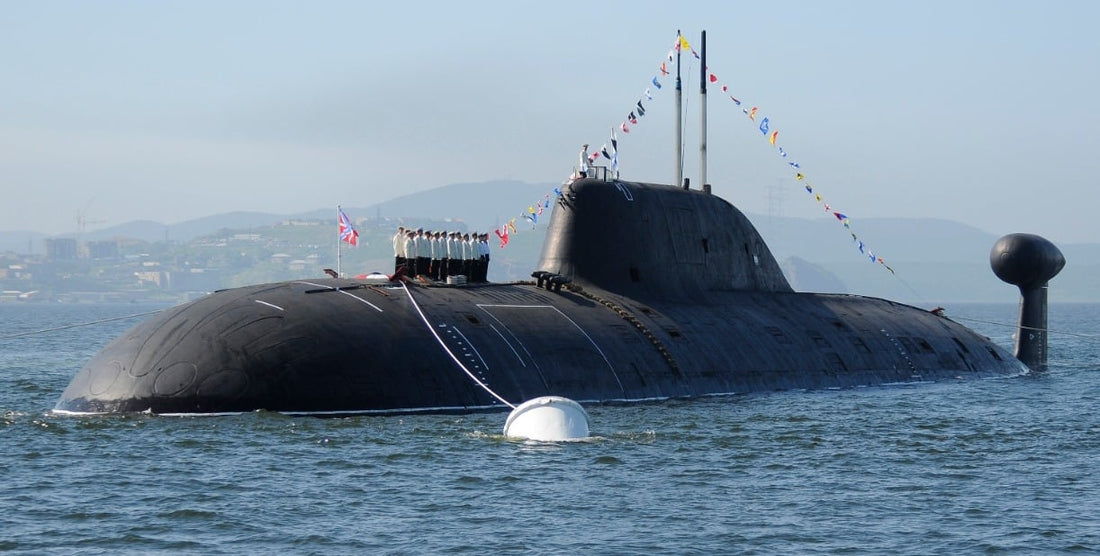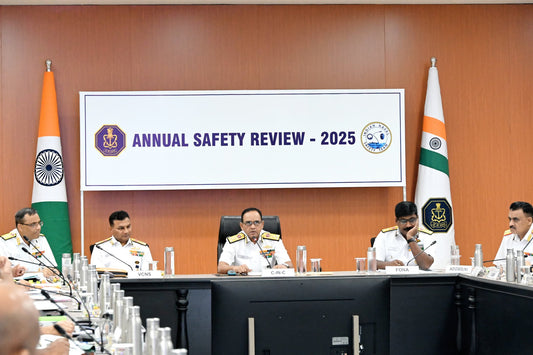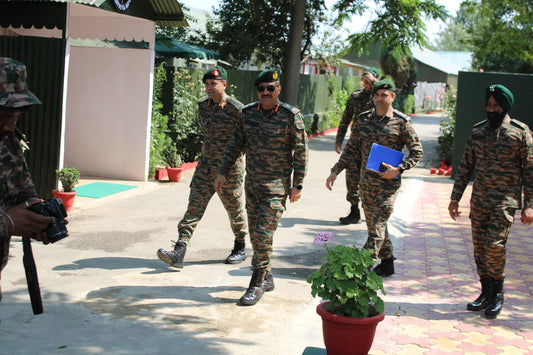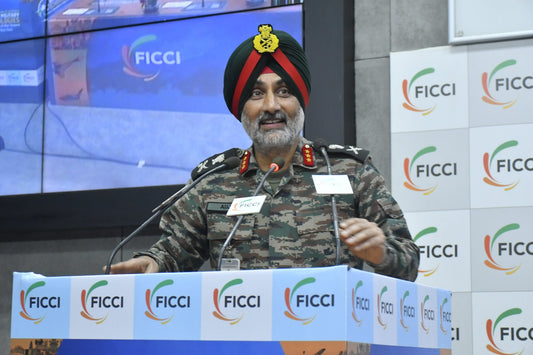India to Receive Upgraded Akula-Class Submarine from Russia by 2028, Equipped with Advanced Kalibr Missiles

In a notable development aimed at strengthening India's naval capabilities, Russia is set to provide the Indian Navy with a leased Akula-class nuclear-powered attack submarine by 2028. This information was reported by journalist Sandeep Unnithan for ChakranewZ. Initially expected to be delivered in 2025, the submarine's arrival has been postponed due to logistical and technical hurdles since the $3 billion intergovernmental agreement was signed in 2019.
The submarine is intended to replace the now-retired INS Chakra, which India leased from Russia between 2012 and 2022. This addition is anticipated to significantly enhance India's underwater warfare abilities amidst growing strategic tensions in the Indo-Pacific region. The upgraded vessel will feature the advanced 3M14K Kalibr (SS-N-30A) cruise missile, extending its strike range dramatically from the initially planned 500–600 km to an impressive 1,500–2,000 km.
Equipped with the 3M14K missile, which is part of the export-oriented Club missile family, the submarine's capability for executing long-range precision strikes from underwater is considerably improved. This allows it to effectively engage both land and sea-based threats, thus supporting India's efforts to modernize its naval forces and maintain a credible deterrence in the region.
Akula-class submarines are among the finest nuclear attack submarines worldwide, celebrated for their stealth, speed, and versatility. They are armed with torpedoes and cruise missiles, designed for anti-submarine warfare, anti-surface operations, and deep strike missions. The new submarine will enhance India's current underwater fleet, which includes conventional Scorpene-class submarines and two indigenous nuclear-powered ballistic missile submarines, such as the INS Arihant.
Although the report did not specify the exact reasons for the delay, it suggests that such setbacks often result from technical challenges, global supply chain issues, or geopolitical limitations. Russia's ongoing defense production demands and international military obligations may have also played a role in altering the delivery schedule.
This acquisition is seen as a pivotal component of India's maritime strategy, particularly in response to China's increasing naval presence and assertiveness in the Indo-Pacific region.



















